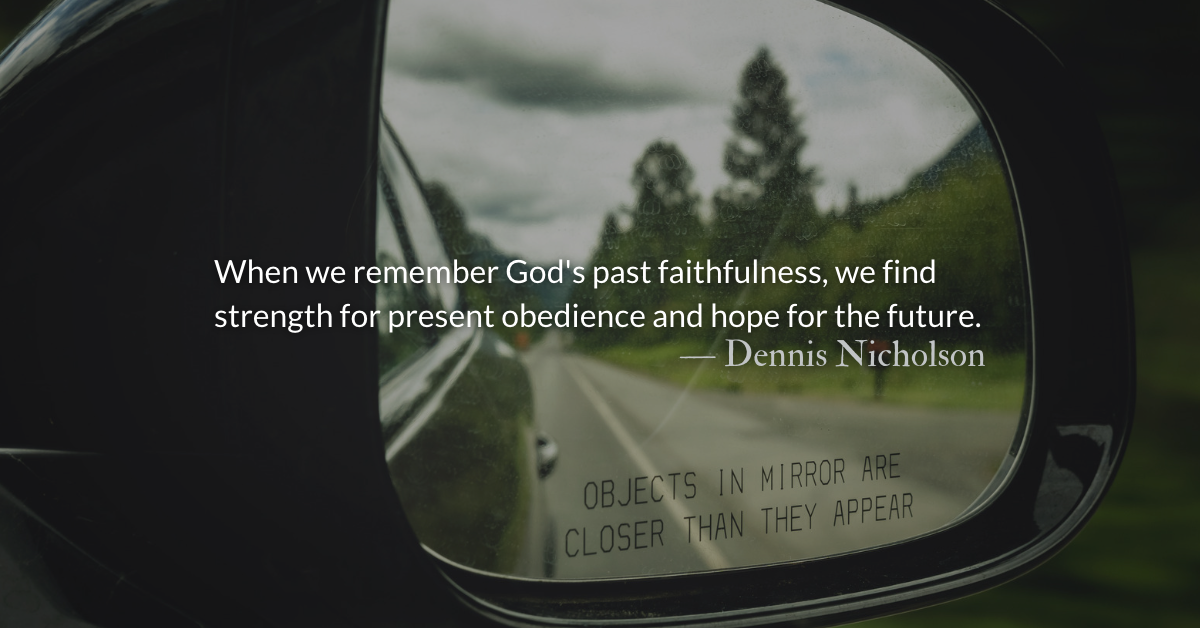Scripture Focus: Deuteronomy 11.2
Remember today that your children were not the ones who saw and experienced the discipline of the Lord your God: his majesty, his mighty hand, his outstretched arm.
Reflection: Defining Good
By Carolyn Westendorf
My 2-year-old son ran off in the parking lot. It seemed good to him to have some fun. I saw danger with cars driving around us. I knew what was actually good for him. Parents discipline their children for their good. Children resist discipline for their own definition of good.
Consider the Lord’s discipline (Deuteronomy 11.2-6). It seemed good to Pharaoh to attack Israel at the Red Sea, but his hard heart caused him to be drowned. It seemed good to the Israelites to complain and doubt God, but their unbelief left them in the desert for forty years. It seemed good to Dathan and Abriam to overthrow Moses and Aaron’s leadership, but their selfish ambition led to the ground swallowing them up. What seemed good was not actually good.
God urged his people to remember these examples of discipline because he knew where he was taking them. The Promised Land was different from the land they knew (Deuteronomy 11.10-12). The Israelites planted and irrigated their gardens in Egypt. God was preparing them for a new way of working. They would plant. God would water. They needed to trust God to provide the rain and provide it at the right time. They needed to believe that God cared for them and would not let them starve. They needed to let go of their own understanding of good provision and lean on God’s definition of what was for their good.
The Lord disciplined the Israelites to prepare their hearts to live in the Promised Land. I discipline my son to prepare him for living under God’s discipline. God disciplines Christians to prepare their hearts for a future with him. A relationship with God is one of continual trust in his definition of what is for our good. God’s correction in our lives matures us to embrace this kind of life.
God wants us to choose him and to live in his ways, not what seems good to us. He corrects our definition of good and teaches us how good his ways are. He has our future in mind when he stops us from spiritually running in a busy parking lot.
Divine Hours Prayer: The Request for Presence
O God of hosts, show the light of your countenance, and we shall be saved. — Psalm 80.7
– From The Divine Hours: Prayers for Summertime by Phyllis Tickle.
Today’s Readings
Deuteronomy 11 (Listen 4:38)
2 Corinthians 5 (Listen 3:14)
Read more about Between Gerizim and Ebal
God wants blessings for all people and his loving voice echoes in scripture like shouts across a canyon.
Read more about Much Given, Much Expected
If Abihu and Nadab were given much, how much more have we been given?…we bear a greater responsibility.











